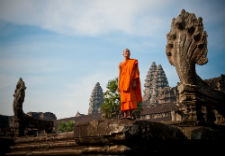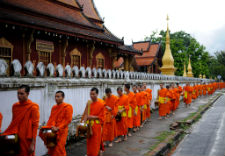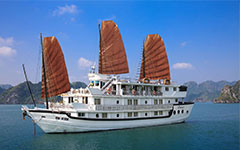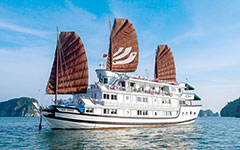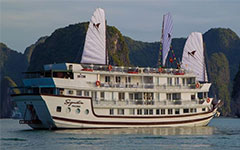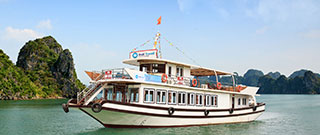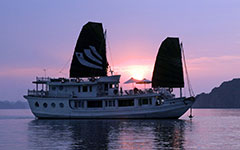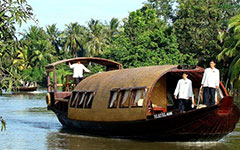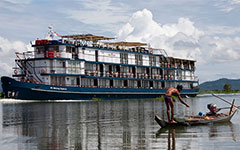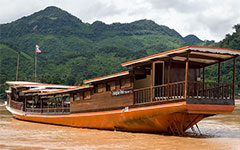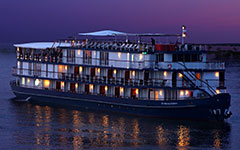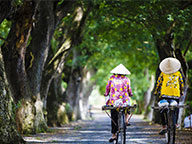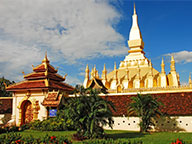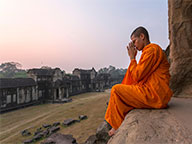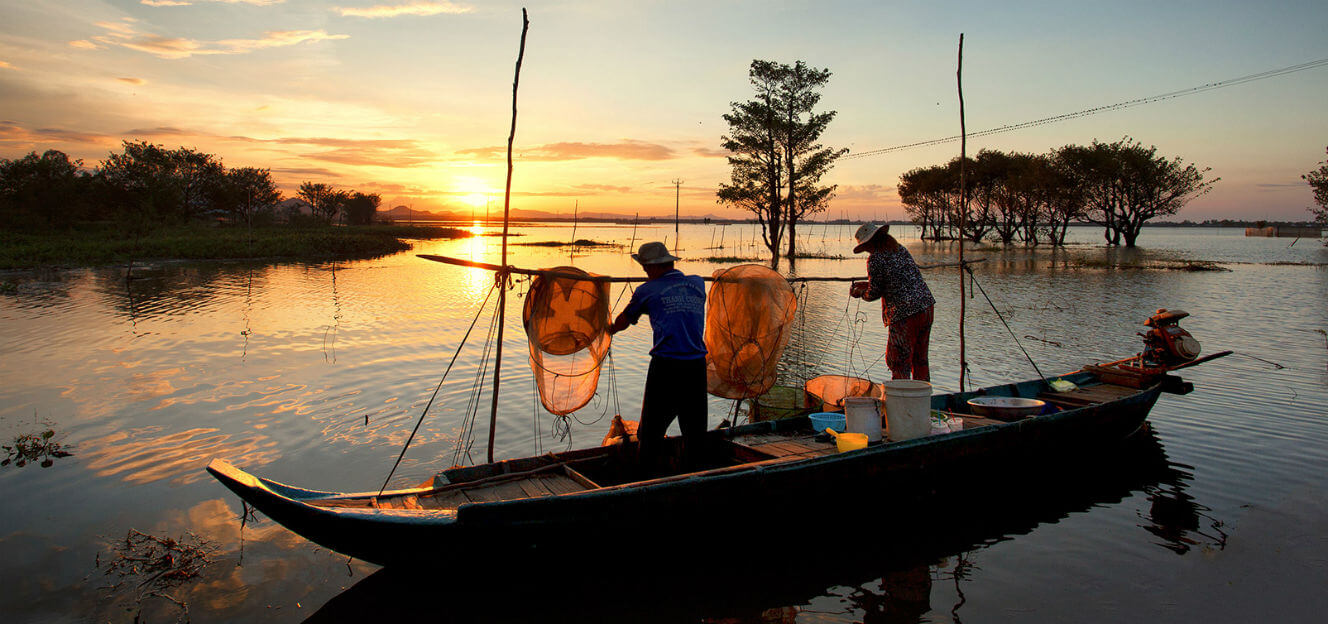Travelers with Chronic Illnesses
Travel can be relaxing and rewarding, but people with chronic illnesses, such as heart disease, diabetes, asthma, or arthritis, may face unique challenges when they travel overseas. With a little planning and preparation, however, people with chronic illnesses can have safe and enjoyable trips. If you have a chronic illness and are planning an international trip, visit a travel medicine specialist at least 4–6 weeks before you leave to talk about what you should do to prepare.
Some chronic illnesses and some medicines, such as steroids, can weaken the immune system
Medicines and Supplies
You might take medicines or use medical supplies (such as asthma inhalers, glucose test strips, or insulin needles) regularly or just for emergencies. If that’s the case, make sure you take enough of a supply to last your whole trip, plus a little extra in case of delays. If you are going to be gone a long time, talk to your doctor about how you can get enough medicine for your trip; sometimes insurance companies will only pay for a 30-day supply at a time.
Pack all your medicines and medical supplies in your carry-on luggage. You don’t want to be stuck without them if your suitcase gets lost! Medicines should be in their original prescription bottles, and you should also include copies of your original prescriptions. Note that medicines should be taken according to the time since the last dose, not the local time of day, so ask your doctor about scheduling doses when you cross time zones.
Don’t plan on being able to buy your medicines at your destination. They may not be available or may not meet US standards. In many developing countries, counterfeit drugs are a big problem.
If you see a travel medicine specialist separately from your regular doctor, the travel medicine specialist may prescribe trip-specific medicines, such as drugs to prevent malaria or altitude sickness or to treat travelers’ diarrhea. If the travel medicine specialist prescribes any medicine, make sure he or she knows what medicines you routinely take, to prevent drug interactions.
Insurance
There are 3 types of insurance every traveler should consider buying. These may be especially important for travelers with chronic illnesses:
- Trip cancellation insurance covers the cost of your trip if, for example, you have to reschedule or cancel because you are too sick to travel.
- Travel health insurance covers the cost of health care received in other countries. Even if you have health insurance in the United States, it might not cover you overseas.
- Medical evacuation insurance covers the cost of transportation to high-quality health care facilities, in the event of an emergency. This type of insurance is important if you will be traveling in rural or remote areas.
When selecting an insurance policy, always read the fine print, so you are sure that it covers what you need it to cover
Other Preparation
Before you go, make sure you have a plan to get care overseas, in case you need it. It’s also a good idea to carry a card with information about your condition, including any drug or food allergies, written in the local language. If appropriate, wear a medical alert bracelet or other medical jewelry with this information on it. And don’t forget to pack a travel health kit that includes anything you need to manage your chronic illness, as well as other items necessary to ensure a safe and healthy trip!

